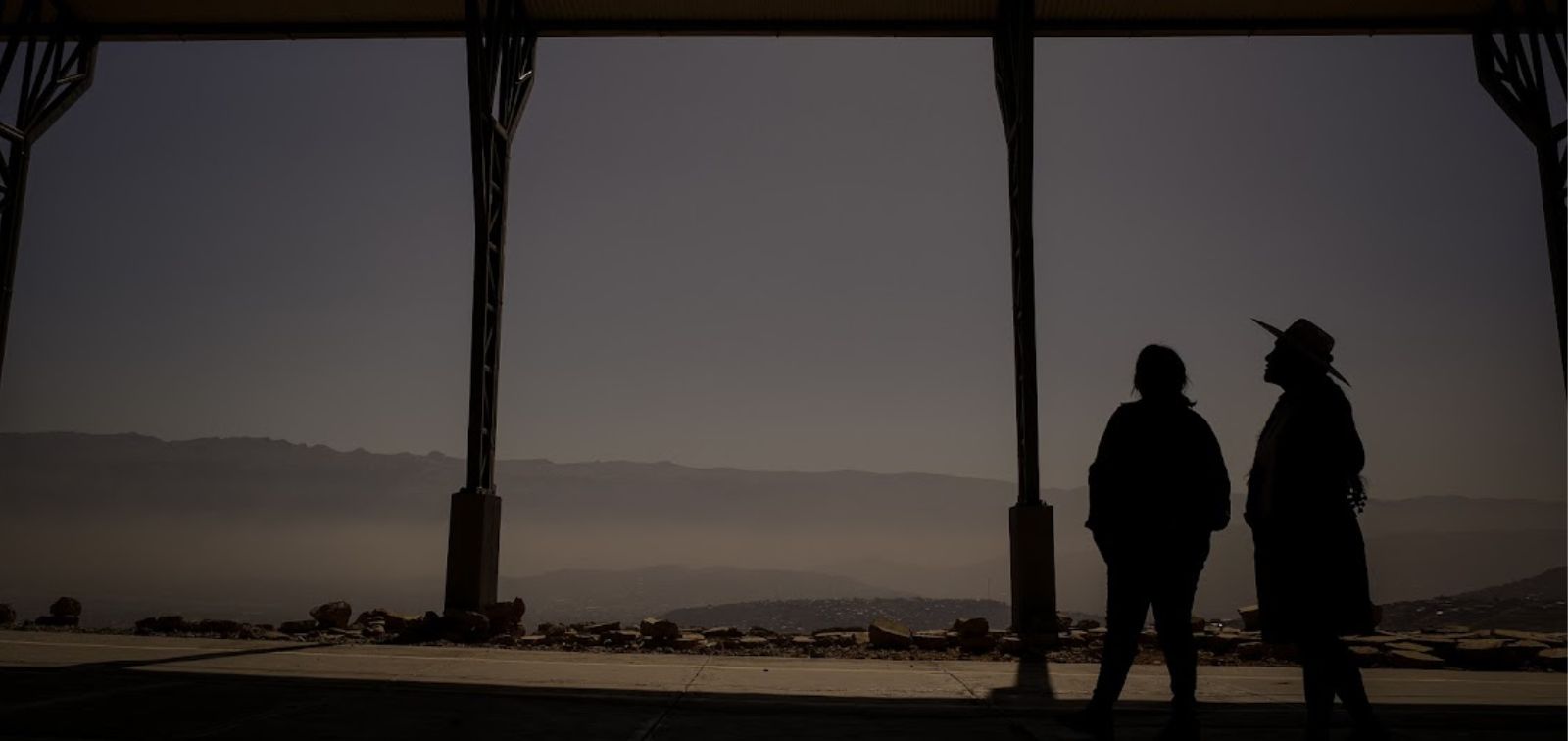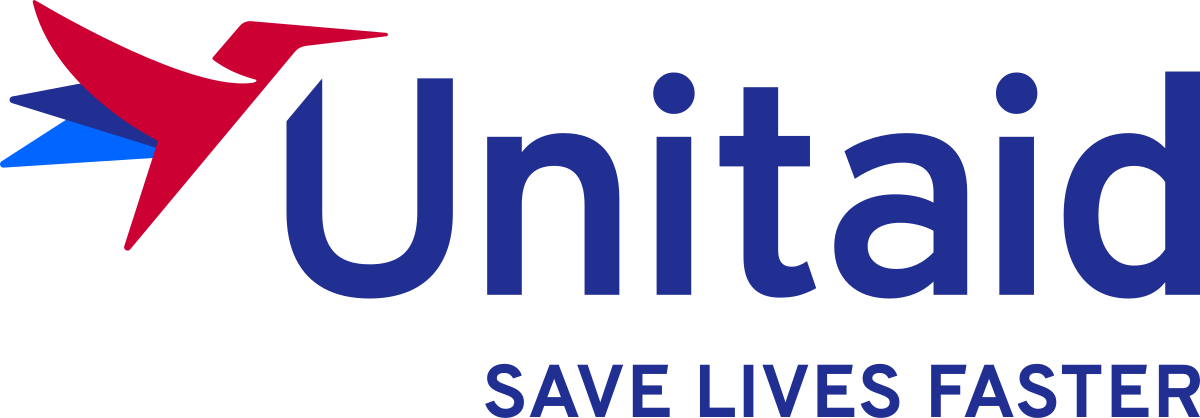
Featured Items

Lessons on how communities in Bolivia and Paraguay stood tall, amid the chaos of the COVID-19 pandemic
Photos: Nico Granada; Text: Murchana Roychoudhury
Producer: Elizabeth Posada; Production assistants: Nilce Mendoza (Bolivia) and Silvia Pérez (Paraguay).
Co-creating health interventions with communities
In the heart of Latin America, in Bolivia and Paraguay, the COVID-19 pandemic exposed some deep-rooted inequalities, impeding equitable access to vaccines and drugs. At the same time, it sparked opportunities to explore novel and creative pathways to sustain community-based health systems even in the face of the numerous challenges posed by this deadly pandemic.
As the pandemic surged, misinformation was spreading like wildfire and reliable sources of information were scarce. Fear gripped the hearts and homes of people, both in remote areas without easy access to healthcare facilities and in marginalised neighbourhoods of urban areas.
It was in this challenging context that ECO (Enhanced and Equitable Coverage of COVID-19 Testing and Treatment), a project funded by Unitaid and the ACT-Accelerator and connected to a global community of practice, commenced its collaboration with local health champions and health centres in the Cochabamba district of Bolivia and the departments of Cordillera and Presidente Hayes in Paraguay.
Community health leaders from Bolivia and Paraguay
“We have a rich history of collaboration with health promoters in Bolivia and Paraguay, particularly in the context of tackling Chagas disease,” explains Cristina Alonso-Vega from ISGlobal, one of the driving forces behind the project. “When we realised that the health personnel needed some support in stabilising their communities amidst the waves of the pandemic, we jumped in.”
Consultations with health care personnel and communities in Bolivia and Paraguay revealed three pressing needs:
- Lack of information about COVID-19 at the community level
- Unavailability of rapid diagnostic tests for COVID-19 in the public health system
- Weak data systems and data collection at the national health level
Soon after, an action plan was developed based on the co-creation spirit of the ECO project. For the next two years, ECO worked hand in hand with local health authorities, health professionals, and the community to avert the most severe impacts of the pandemic.
The process of co-creation
ECO’s methodology set out to achieve something greater than just research findings. It was at once an attempt to fill research gaps and implement interventions to deal with the ongoing effects of the pandemic.
ECO's methodology for co-creation of health interventions
2. Getting the message across - a story from Cordillera, Paraguay
Matías Mercedes Benítez, Medical Doctor, Caacupé, Cordillera, Paraguay
Dr Matías Mercedes Benítez is stationed at a primary health centre in Cordillera, as part of the Unidades de Salud Familia (USF) initiative of the Paraguayan Ministry of Health.
ECO first met this dynamic doctor while looking for support from local health providers to ensure accuracy and relevance of the “Diagnosis and treatment, in time!” campaign. Since then, he has been a champion, supporting ECO’s attempts to prevent COVID-19 and promote early diagnosis and treatment-seeking behaviors.
Dr Matías in front of his health facility
Despite his busy schedule, Dr Matías and his team makes sure to leave no one behind. There are many in his community who cannot physically make it to the facility and need to be tended to at their homes. Dr Matías goes the extra mile and drives over to their homes every week, bearing the cost of diesel from his own pocket.
i. Dr Matias participating in an Aty Guazu; ii. ECO's communication materials in a Paraguayan health facility; iii. Dr Matias tending to patients he meets on the way during his weekly home visits.
When COVID-19 hit, we had zero info to spread the word in our community. ECO swooped in and helped create some contextually relevant materials!
His team harnessed existing dissemination channels, including WhatsApp groups. “Social media platforms like WhatsApp and Facebook have become integral in our approach to inform the community about health updates and about our itineraries when we do home visits.”
Moreover, with the support of USF, Dr Matías and his team would regularly organise ‘Aty Guasús,’ which are grand assemblies that unite the community to come together and discuss various health issues. These gatherings allowed health providers like Dr Matías to engage impactfully with the community and address pandemic-related concerns.
This work led by Dr Matías and team was recognised at the national level when the Paraguayan health ministry used the communication materials developed by ECO, ensuring their wider reach to the entire country.
The pandemic has highlighted the importance of prioritising disease prevention and preparing for alternate pathways for health services to reach people. Those like Dr Matías who are deeply embedded in health promotion activities in their communities, were able to rise up to this challenge and leverage strategies and platforms that were already being used to disseminate information and deliver care at the community level.
3. Indigenous values in pandemic preparedness - a story from Presidente Hayes, Paraguay
Alfredo Riveros, Health Promoter, La Herencia, Presidente Hayes, Paraguay
Indigenous values deeply rooted in respect for community, nature and traditional wisdom should be central to pandemic preparedness and response efforts in remote areas like La Herencia.
Alfredo tending to an elderly patient in his dispensary in La Herencia
“When we first learned about the pandemic, we were very worried due to our remote geographic location,” recalls Alfredo.
But our values of looking out for one another, trusting the chosen leaders, and respecting essential measures like social distancing or avoiding the spread of false information really helped the community stick together through those days.
Deeply attuned to his community’s needs and embedded within Paraguay’s health system, Alfredo found himself uniquely positioned to find synergies between the scientific advances against the disease and the indigenous wisdom of his community in responding to health crises.
Once a month, he would gather his community at the dispensary and provide them updates and alleviate their concerns. He knew the importance of COVID diagnosis in avoiding severe disease and helped his community overcome their fears of using RDTs.
Throughout the interventions, the project team rigorously adhered to national protocols for health interventions with indigenous populations, ensuring free, prior, and informed consent.
Alfredo meeting with members of his community to address concerns about the pandemic.
4. Tracking progress amid the pandemic
Without data, health interventions in the midst of a pandemic are like sailing in uncharted waters without a compass.
ECO began with a modest data team responsible for the project’s IT needs. However, it soon evolved into a comprehensive Monitoring, Evaluation, Accountability and Learning (MEAL) team. Over the course of the project, this team played a pivotal role in supporting the community-based interventions, adopting data-driven decisions and creating processes for the rapid adjustment of strategies to keep up with the changing nature of the pandemic.
ECO’s main successes in strengthening data systems during the pandemic in Bolivia and Paraguay
- Adapting to resource-constrained settings: In settings with poor internet connectivity, data entry can be very challenging. To overcome this hurdle, the MEAL team developed an offline application, allowing for secure and efficient data entry in all contexts, while maintaining the quality and rigour of the dashboards.
- Constant feedback loops: A central pillar of the MEAL team’s contribution was the establishment of a constant feedback loop. This involved gathering real-time data on various aspects of the pandemic such as tracking the infection rates and the use of RDTs in different locations where ECO was being implemented. Visual tools developed by the MEAL team such as health dashboards and COVID-19 geoportals community leaders and health professionals track the evolution of the pandemic and target interventions in an evidence-based approach.
- Market analyses for supply and demand: To support ECO’s goal to achieve equitable access to testing and treatment tools, the MEAL team undertook several market analyses, providing insights on understanding and forecasting the supply and demand of RDTs. In very uncertain times, this data-driven work helped anticipate shortages, surpluses and bottlenecks and enabled the implementation teams to ensure the community’s continued access to lifesaving tools during the pandemic.
- Strengthening data science capacities: Recognising the pivotal role of data in health interventions, the ECO project was determined to build and strengthen data science and management capacities within the communities. A series of data science workshops were organised for local health promoters to build advanced data collection, analysis and interpretation skills. This instilled a strong sense of ownership among the community and paved the way to integrate data-driven decision-making into different areas of their work going forward.
We are grateful to the ECO project team members Regina Rabinovich (Principal Investigator), Beatriz Mallén Muñoz (Project Manager) and Cristina Alonso-Vega (Field Coordinator) for their input and constructive feedback to this report.





1. Social solidarity is the key to resilience – a story from Cochabamba, Bolivia
Felicidad Ramos, Community Health Leader, La Frontera, Cochabamba, Bolivia
Felicidad Ramos, like her name suggests, embodies joy and the spirit of social solidarity.
A mother, a grandmother, a football coach, and a local health leader, Felicidad wears many hats in her home and in her community.
Felicidad skillfully braiding her hair in the morning
As a community health leader, she realised early on that if not managed properly at the community level, the COVID-19 pandemic could create major socio-economic damages in her community in La Frontera, a neighbourhood in the margins of Cochabamba.
i. Felicidad next to COVID-19 awareness posters developed as part of ECO; ii. Community health leaders participating in a co-creation workshop; iii. Felicidad playing football with the youth
Through her creative approaches of using radio shows and social media, Felicidad has successfully co-created several awareness campaigns with members of her community to raise awareness about the importance of ‘test-and-treat’ strategies.
Watch this short film by Nicolás Granada showcasing Irene Rodríguez, a community health leader and colleague of Felicidad, as she produces radio shows to combat misinformation about COVID-19 in her community.
The Cochabamba Mayor's Office went on to adopt some of these campaigns and scaled it to reach other areas of the district.
Moreover, Felicidad’s commitment to her community’s health and wellbeing has created a ripple effect. A majority of the community-based interventions during COVID-19 were led by women telling an inspiring tale about empowering women as agents of impact in pandemic preparedness and response.